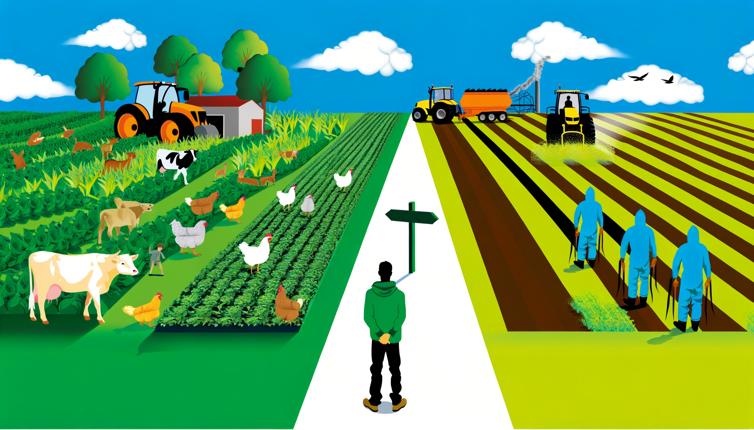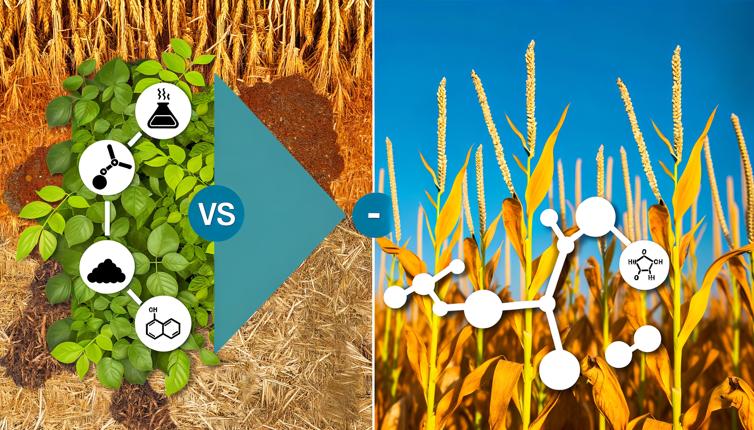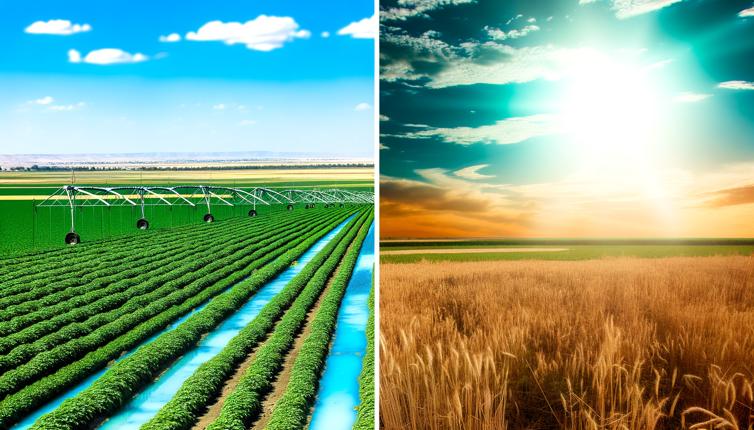Organic Farming
Organic farming is an agricultural method that relies on natural processes and ecological balance to produce crops and livestock. It avoids the use of synthetic pesticides, chemicals, and genetically modified organisms (GMOs). Instead, organic farmers utilize techniques such as crop rotation, organic fertilizers, and natural pest control methods to maintain soil health and promote biodiversity.,One of the main advantages of organic farming is its focus on sustainability and environmental stewardship. By avoiding the use of synthetic chemicals, organic farming helps to reduce soil erosion, water pollution, and overall ecological damage. It also prioritizes soil health and fertility, which leads to higher quality crops and a healthier ecosystem.,Furthermore, organic farming supports animal welfare by prohibiting the use of growth hormones and antibiotics in livestock. This results in meat, dairy, and eggs that are free from these additives, making them a healthier choice for consumers.,However, there are some challenges associated with organic farming. Due to the absence of synthetic pesticides, organic crops are more vulnerable to pests and diseases. This can lead to lower crop yields and higher production costs. Additionally, organic products often have a higher price tag in the market due to the increased labor and resources required for organic farming practices.,Despite these challenges, the demand for organic products has been steadily increasing as consumers become more conscious of their health and the environment. Many people choose organic farming as a way to support sustainable agriculture and promote a healthier food system.
Conventional Farming
Conventional farming, also known as industrial or modern farming, is the dominant method of agriculture used worldwide. It relies heavily on synthetic fertilizers, pesticides, and GMOs to enhance crop productivity. Conventional farmers often use large-scale machinery and monoculture practices to maximize efficiency and yield.,One of the advantages of conventional farming is its ability to produce large quantities of food to meet the demands of a growing population. The use of synthetic chemicals and genetically modified crops helps to protect plants from pests and diseases, resulting in higher yields and lower production costs.,Additionally, conventional farming can be more cost-effective for both farmers and consumers. The use of machinery and technology allows for greater efficiency in planting, harvesting, and processing crops. This leads to lower prices for consumers and a more reliable food supply.,However, there are several drawbacks associated with conventional farming. The use of synthetic chemicals can have negative impacts on the environment, including soil degradation, water pollution, and the loss of biodiversity. The reliance on monoculture practices can also lead to the depletion of nutrients in the soil and the need for increased pesticide use.,Furthermore, conventional farming often involves the use of growth hormones and antibiotics in livestock to enhance production. This can have potential health risks for consumers and contribute to the development of antibiotic-resistant bacteria.,In recent years, there has been a growing concern among consumers about the environmental and health impacts of conventional farming. Many individuals are opting for organic and sustainable alternatives to support a more eco-friendly and healthy food system.
Conclusion
In conclusion, both organic farming and conventional farming have their own set of advantages and disadvantages. Organic farming emphasizes sustainability, environmental stewardship, and animal welfare, while conventional farming focuses on high productivity and cost-efficiency. When making a choice between the two, it is important to consider factors such as personal health, environmental impact, and supporting sustainable agriculture. By understanding the pros and cons of each method, individuals can make informed decisions and contribute to a more sustainable and healthy food system.









